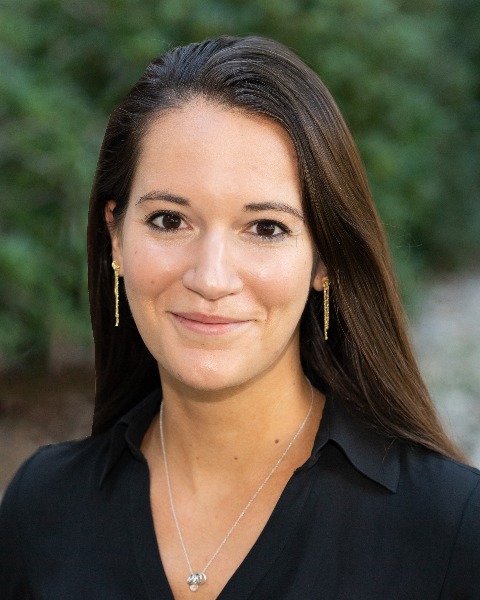Back
.png)
On-demand recording will be available 24hrs after the presentation.
Automation Technologies
Innovation Award
Innovation Award Presentations
Phage and Robotics-Assisted Directed Evolution
Tuesday, February 8, 2022
4:00 PM – 4:30 PM
Location: Grand Ballroom
Sponsored By: HighRes Bio
.png)

Emma J. Chory, PhD
Post-doctoral Fellow
Massachusetts Institute of Technology, Massachusetts, United States
Evolution occurs when selective pressures from the environment shape inherited variation over time. Within the laboratory, evolution is commonly used to engineer proteins and RNA, but experimental constraints have limited our ability to reproducibly and reliably explore key factors such as population diversity, the timing of environmental changes, and chance. We developed an automated system for comprehensive exploration of biomolecular evolution in high-throughput, which we used to evolve three distinct types of biomolecules. In this talk, I will first describe the development of our open-source python:robot integration platform (Pyhamilton) which enables substantially more advanced automation experiments than could ever be done by hand-- or with present software. Next, I will detail the development of PRANCE (Phage and Robotics-Assisted Near-Continuous Evolution), an automated platform for the comprehensive exploration of biomolecular evolution using phage-based mutagenesis and selection in high-throughput. Using PRANCE, we readily evolved three distinct types of biomolecules: quadruplet-decoding tRNA, polymerases, and amino-acyl tRNA synthetases across many conditions, replicates, and environments. Additionally, our automated continuous evolution platform allows us to adjust the stringency of selection in response to real-time evolving molecular activity measurements, thereby enabling more reproducible and reliable evolutions. Collectively, with PRANCE, we are able to explore new evolution trajectories, quantify evolution stochasticity, and implement previously intractable evolutions involving small molecules. Additionally, by tracking biomolecular trajectories in replicate, we found that evolution is reproducibly altered by both random chance and the historical pattern of environmental changes. Thus, phage-based automated evolution both improves the reliability of protein engineering and enables the systematic analysis of the historical, environmental, and random factors governing biomolecular evolution.



